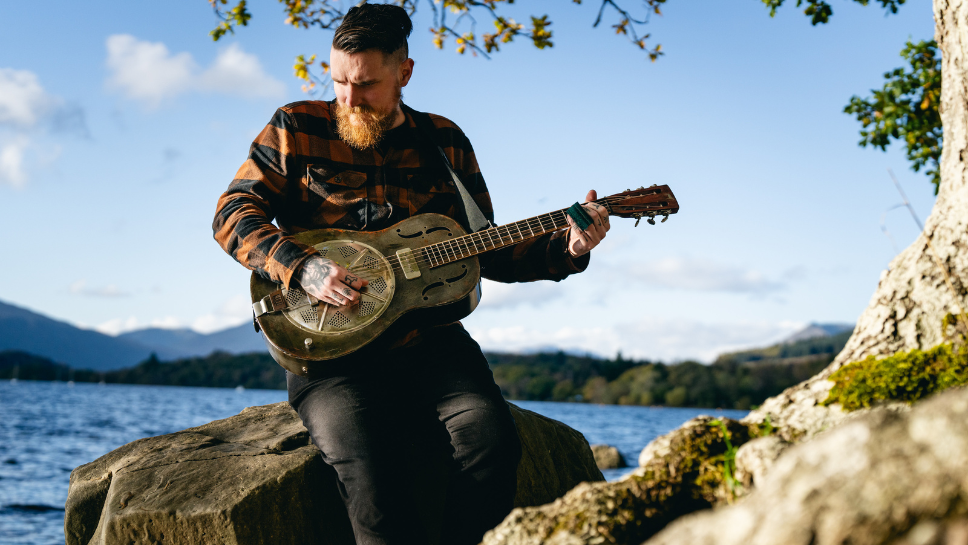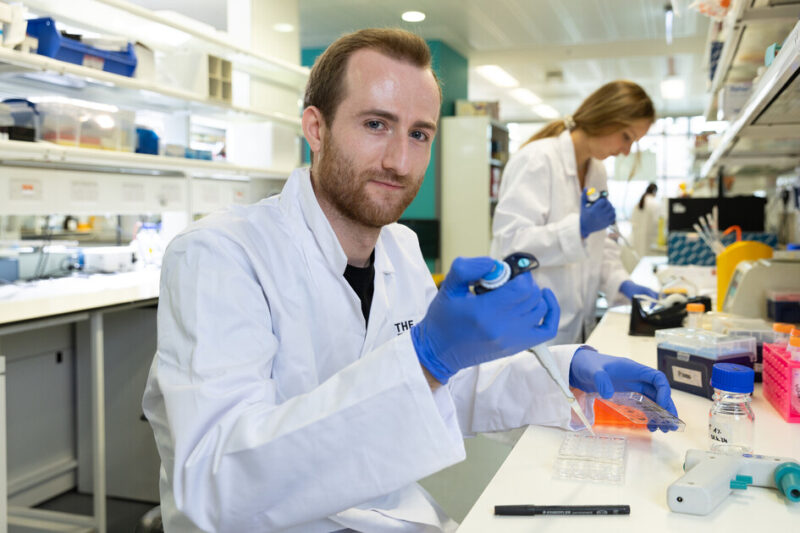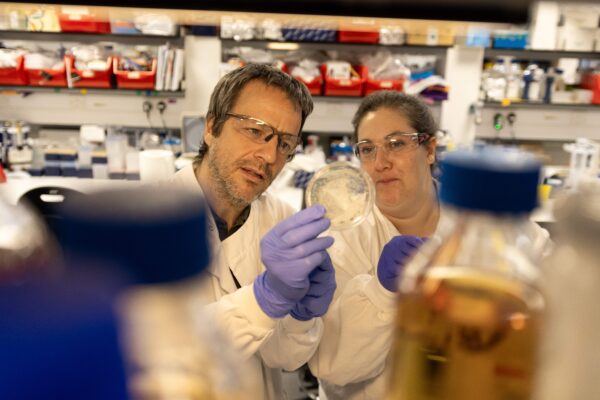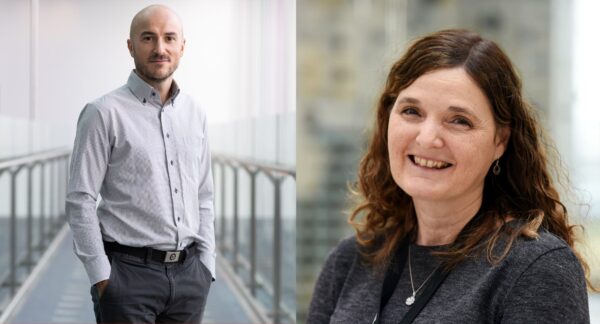Blues musician, David Hick, was diagnosed with Becker muscular dystrophy last year. He shares his long diagnosis journey, how it encouraged him to focus on his music career, and his experience of being part of the first clinical trial in the UK for Becker.
Taking part in a clinical trial and finding comfort in my music

| Trigger warning: this content mentions suicide I found it hard to keep up in PE as a child but never knew why. I often skipped class and hid in the music room playing guitar. Looking back, I’m glad I had that opportunity. It’s meant I’ve had a career to launch myself into when I was finally diagnosed with Becker last year and could no longer work in the motor trade industry. Hearing ‘there’s nothing wrong with you’ makes you believe it I got diagnosed with Becker at 35, but I started noticing a decline in my health in high school. If you asked people I went to school with, they’d say I was a fairly active child, but I got fatigued so quickly. I often had painful spasms in my calf muscles. My parents took me to several doctors who told me there was nothing wrong with me and I was just being lazy. After a while, I started believing them and ignoring what my body was trying to tell me. I felt like I just wasn’t good at certain things, which really affected my confidence in my early 20s. Issues kept cropping up across the years. When we moved to Glasgow a couple of years ago, I helped a builder carry a piece of equipment up the stairs and pulled loads of muscles. The pain in my back wouldn’t go away so I went to see a physio. The exercises she sent me away with didn’t fix it, so when I returned, she asked me to do some basic tasks like walk up and down a step. She tried to hide it, but I could see how shocked she was watching me do this. She contacted my GP and five months later following blood tests with a neurologist, I got an unexpected phone call at work to tell me I had Becker muscular dystrophy. It felt like a grenade had gone off near me and I couldn’t hear a thing. They couldn’t give me an appointment for another four months and I’d never even heard of muscular dystrophy. My partner found Joe Logue, also known as Dystrophy Dad, on the internet. I reached out to him with all the questions I had and he was amazing. We’ve been close friends ever since. He really stopped the tunnel vision and uncertainty we were gong through. Finding knowledge in clinical trials When researching the condition, my partner also found a clinical trial for Becker. I started a drug trial at the John Walton centre a month after my diagnosis and I’ve travelled to Newcastle every month since August 2023 to take part. It’s been amazing to get information and support from the centre. It looks like they’re getting good results which is so encouraging. We’re moving back to England this summer so it’s easier for me to take part in other clinical trials. I want to help the science in any way I can; I’ll do anything that’s needed. There are scientists who have devoted their lives to finding treatment for muscular dystrophy which has really inspired me. Finding comfort in music I’m so grateful I’ve had music to turn to since my diagnosis. I’ve always had a passion for music, particularly 1920s blues vibes. But I’m a shy person, so I only ever played the guitar and hadn’t thought about singing until my mid-20s. I moved in with a family when I was 25 and It’s the best thing that ever happened to me. At the time, I had been battling with my mental health and suicide for a while. They were a loud, outgoing family who enjoyed listening to me when I played the guitar. I’d never really been encouraged to pursue my music or told that I was talented. They really boosted my confidence and said I should enter a local open mic night. That was the first time I performed solo and the whole venue was chanting my name at the end of the set. I was blown away and met so many amazing people that night. Since then, I’ve toured across France in a band, released several albums, and had some singles go to number one in the iTunes Blues chart. I was still working in the motor trade industry alongside doing my music, but soon after my diagnosis I had to leave that career behind. It all felt very daunting. I remember sitting at home in my music studio a couple of days later. I stopped playing my guitar and just said to my girlfriend Louise, does that mean I’m disabled now? I’m really lucky everything has fallen into place since creating music full time. I’ve struggled to write songs recently. Some tunes I used to love talk about death or struggles, and these have a different meaning now. But I want to take advantage of the fact that people admire my music. I’m thinking of putting an album together called Becker muscular dystrophy Blues. I want to encapsulate my journey and see what comes out of it. |


